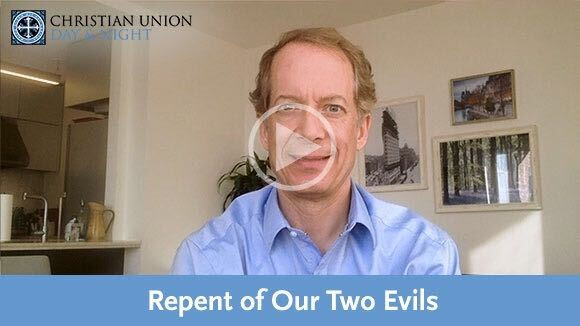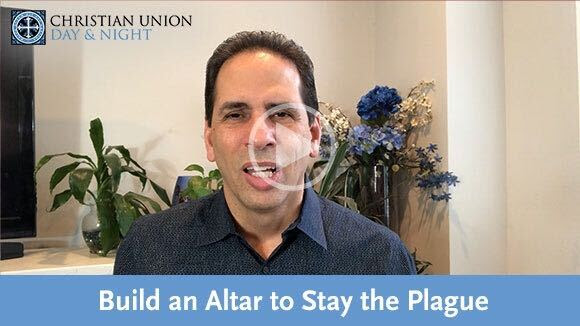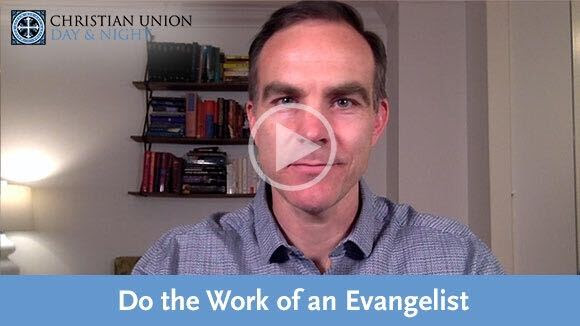Repent of Our Two Evils
Saturday, April 25, 2020
Matt Bennett is founder and CEO of Christian Union, a Christian leadership development organization. A native of Houston, Texas, Matt earned B.S. and M.B.A. degrees from Cornell University and holds a Master of Divinity from Trinity Evangelical Divinity School. He resides in New York City.
Transcript
The Book of Jeremiah has more references to the word pestilence—20 times—than any other book in the Bible. It’s referenced 52 times in the Old and New Testaments, but the greatest concentration is in Jeremiah, and then secondly, Ezekiel. And so this book has a lot to say about what we’re dealing with, with the coronavirus, this worldwide pandemic. And we should look to Jeremiah to see what messages God may have for us today.
My name is Matt Bennett, I’m the Founder and CEO of Christian Union. We minister at Harvard, Yale, Princeton, other academically intense and secular universities, as well as to adult New Yorkers and Christian leadership development and through Day and Night, to people across the country.
In Jeremiah 2:13, where we’re going to look, there are two evils that need to be addressed. And understanding these by the body of Christ today may reduce the severity of the pandemic we are experiencing, or maybe stave off a return. Let me read the verse here, Jeremiah 2:13: “For my people have committed two evils. They have forsaken me, the fountain of living waters, and hewed out cisterns for themselves, broken cisterns that can hold no water.”
So God identifies two evils that they’re doing. The first is that they’ve forsaken God, the fountain of living waters. And isn’t this the case among both Christians and non-Christians in the west? Whereas the church is exploding in great ways in the third world, in the west it’s been shrinking for decades. It’s because Christians, we no longer go to the Lord Jesus Christ as the fountain of living waters. We don’t spend time praying and reading the scriptures morning and night as we see in the first century, repenting of our sins and walking with them in holiness and truth.
So that’s the first sin. And then you see the second sin, the second evil. It says, “They hewed out cisterns for themselves, broken cisterns that can hold no water.” Now, in the Middle East, in those days and to this day, people keep cisterns, which is like big clay pots underground buried in the ground that can hold water. And they keep them in the ground because it’s cooler there. So you can imagine if they have cisterns, and they’re leaking and they can’t really hold water. And what this evil is that God’s pointing out to Jeremiah is that what happened to the Israelites then—and I think has happened now—is that the things we substituted, us Christians, for God is all these other things that can’t satisfy. They’re not necessarily bad among themselves, but whether it be watching sports or doing hobbies or going out to eat or all these different things, these things have become a substitute for the Holy Spirit, for the fountain of living waters, Jesus Christ, our Lord and Savior Himself. And here, so many of these things have been stripped from us now. Possibly this is the Lord saying to us, we need to return and take away all those hobbies and all those things—not completely, but to the extent that they take away time that prevent us from seeking God day and night.
The answer for us is that we would repent and turn to the Lord. Whenever a pestilence comes in the Bible, the answer was for the people of God to examine themselves to see what should change, and that’s exactly what should happen to us today. May God have mercy on us and may we repent, and may God bring refreshing times to Christians in the west. Thank you for listening.




